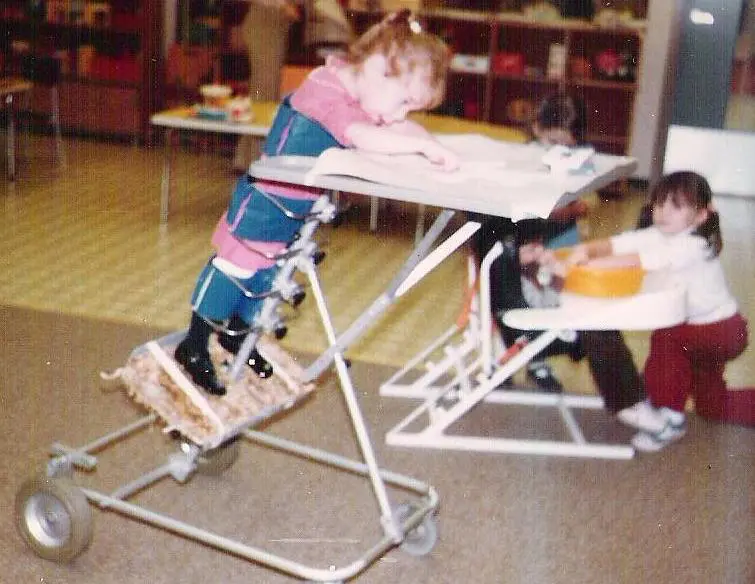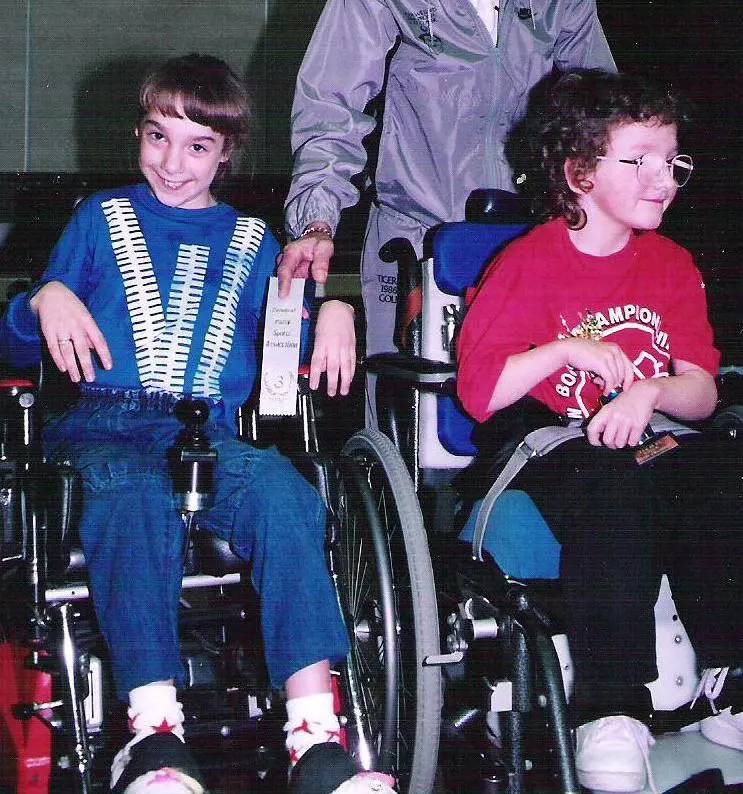There are many essential skills every Education Assistant (EA) needs. While it varies from one student to another, below are the top four skills my experiences have led me to believe as the most important.
1. Being an Advocate

Education Assistants advocating for us to teachers and students, asking for the right substitute, and making sure their student feels comfortable is an important skill. I experienced this in high school when my EA approached teachers with me and went over what I needed help with in class. This was an ongoing process because some teachers needed reminding that I was doing the work, and my EA assisted. I wish my EA would have helped by talking to other students. It would have benefited me personally to have support in forming friendships and how to relate to other students and how they could relate to me. I believe that this counts as advocating because sometimes it requires some encouragement for students to do something they might be scared to do.
My worst experience was with someone who made me feel bad about my disability and did not understand my limitations. This individual covered my EA’s break and was supposed to feed me my lunch. She thought that if I got hungry enough, I would pick up a spoon and feed myself, which I have never been able to do in my entire life. I feared coming to school, and it took me three months to convince people this was happening. Experiences like these make it so crucial for EAs to be advocates.
2. Observational
Being observant and understanding when to support your student or give independence is an important skill. This help builds your student’s confidence in dealing with adversity (bullying, speeches, group work, etc.). I appreciated this skill in many situations, like noticing when I struggled with math and figuring out how it made sense to me. During group work and presentations, my Education Assistant would work to calm me down because I was nervous. Using words that I was familiar with, we created a lasting system for me to calm down when stressed. To this day, using these words helps me stop, breathe, and relax to complete my task.
3. Creating an Inclusive Space
Creating an inclusive space can include scribing, note-taking, rewording concepts, and exploring different learning tools. It’s not necessarily about making the student a part of everything but finding ways for the student to do the same work, if possible, as other students.

While attending some of the elective classes like Foods and Sewing, my EA helped facilitate the equipment needed to allow me to participate physically, like a button for the sewing machine. In Foods, I was the one to read the recipe and tell her which measuring cup to use, so that I was the one who was choosing the cup. However, I did miss out on gym classes because the schools said it wasn’t necessary for my graduation. Today I can say that I wish someone had pushed a little for me to attend because although I may not have been able to do everything that my classmates could do, I would have been able to do some of it in my way, and it could have encouraged better peer relationships.
4. Up to date on Information
Understanding and being comfortable with personal care and an individual’s exceptionality, like involuntary movements, is essential when supporting a student. As an Education Assistant, you should know the limits of a disability and when to encourage learning a new skill. For example, if it is a brain injury, know if there are cognitive limitations, noise sensitivities, and processing issues.
The other piece to this is ensuring you are not limiting the student because you think they can’t do something. Always let them try. My EA knew that I had trouble tracking, so when we were required to read, she would take a piece of paper and hide the sentences below so that I could follow along. There were many experiences where I wanted to try something, and my EA was hesitant, or I was hesitant, but my EA encouraged me.

One of the most significant pieces for me was personal care. I was always self-conscious about going to the bathroom at school because of my disability, which required two people to be present. This made it difficult for me, so the EAs used to tell me jokes or funny stories because when I was laughing, I would relax and go pee. On the other hand, no one ever made a big deal about it or made me feel bad if I had an accident.
There are many examples I could share about things that worked well. The important takeaway is that you try to encourage your student to reach their potential, whatever that may be. The things that you teach are important, even the non-academic skills. These four skills I listed that my Education Assistants had, made school easier for me and allowed me to gain confidence.
Are you inspired to become an Education Assistant? Stenberg College’s EA program can prepare you for this career in just 41 weeks. Click here to learn more!









